Why Intel is pushing for developers to adopt AI PCs
A new Intel initiative aims to drive developer adoption of AI PCs and improve synergy with the hardware makers building these next-generation devices
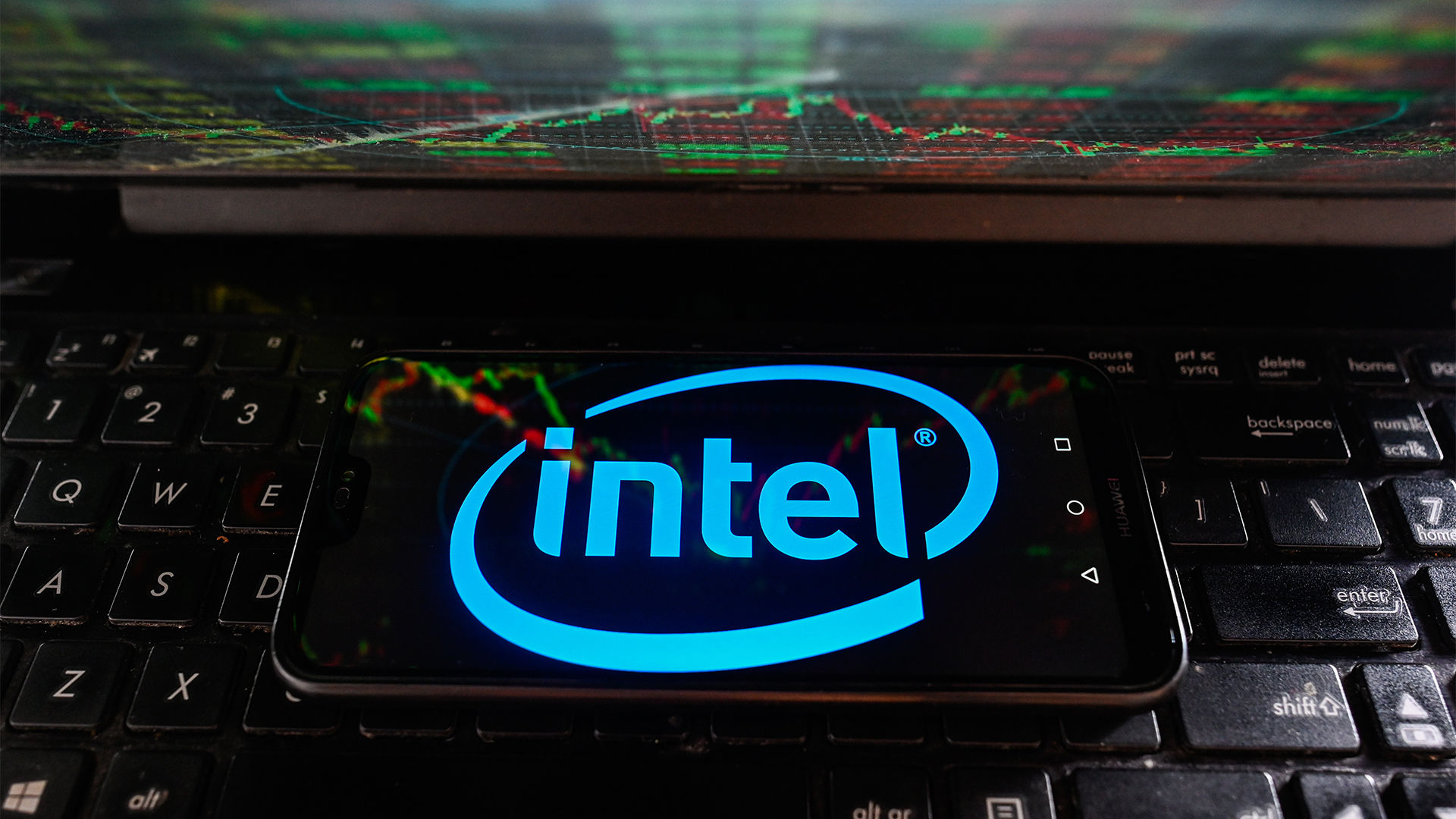

Intel has launched two new initiatives aimed at getting developers and hardware makers on board with its plan to make AI PCs a success.
The new AI PC Developer Program and moves to add independent hardware vendors to Intel’s AI PC Acceleration Program are “critical milestones” in its plan to support the creation of 100 million Intel-based AI PCs by 2025, the company said.
Intel announced the launch of the program in October 2023 to offer hardware vendors and independent software vendors (ISVs) access to support, including AI toolchains, training, co-engineering, software optimization, hardware, design resources, and technical expertise to help kick-start the AI PC era.
The definition of an AI PC is somewhat fluid, but it’s generally accepted that they will feature dedicated AI accelerators, such as Neural Processing Units (NPUs), plus new features for productivity, personalization, and better power efficiency.
Intel and Microsoft, for example, have a definition of an AI PC as one that comes with a new NPU plus the latest GPU and CPU - plus Copilot and a Copilot key.
Intel scheme looks to drive developer interest
With its new AI PC Developer Program, Intel aims to extend its reach beyond the large ISVs and engage with small and medium-sized players and even ‘aspiring developers’.
The scheme provides access to tools, workflows, AI-deployment frameworks, and developer kits that include the latest Intel hardware featuring the Intel Core Ultra processor.
Sign up today and you will receive a free copy of our Future Focus 2025 report - the leading guidance on AI, cybersecurity and other IT challenges as per 700+ senior executives
Intel also wants hardware makers to join its AI PC Acceleration Program, giving them the chance to prepare their hardware for the coming wave of AI PCs.
They will gain access to Intel’s Open Labs, which offers technical and co-engineering support early in the development phase of their hardware solutions and platforms.
Through this program, Intel provides reference hardware so that qualified independent hardware makers can test and optimize their technology so that it runs as efficiently as possible at time of launch.
With AI, much of the focus so far has been on the software running on PCs, but there could be plenty of opportunities to use AI to optimize a range of device features, from cameras and displays through to storage and memory, the company said.
RELATED WHITEPAPER

If hardware or software developers can come up with new and compelling AI-powered features, that could help turn AI PCs into the hit that manufacturers are looking for.
Intel has already onboarded 150 hardware vendors around the world into its AI PC Accelerator Program, said Matt King, senior director of client hardware ecosystem at Intel.
Intel said with access to the latest Intel Core Ultra developer kits and optimization and software tools, developers can ensure their software and apps run smoothly on the latest Intel processors.
Similarly, optimizing software for specific hardware architectures early in the development cycle can lead to performance enhancements and efficiency.
Intel said it is bringing over 300 AI-accelerated features to market through 2024 with Intel Core Ultra processors across 230 designs from 12 global manufacturers.
AI PC shipments are expected to surge in 2024 and beyond
Interest in AI PCs among both manufacturers and enterprises alike has been surging in recent months.
Tech analyst firm Canalys predicts that around 48 million AI-capable PCs will ship worldwide in 2024 – about 18% of total PC shipments.
But this is just the start of a major market transition, with AI-capable PC shipments projected to surpass 100 million in 2025, equivalent to 40% of all PC shipments.
Looking out further, within four years analysts reckon that vendors will ship 205 million AI-capable PCs.
Canalys said this emerging new category of PCs ought to lead to a moderate increase in the broader PC market because it will be weighted towards high-end PCs.
It expects a 10% to 15% price premium on AI-capable PCs compared with PCs without NPU integration. By the end of 2025, it said, over half of PCs priced at US$800 and above will be AI-capable, with this share increasing to over 80% by 2028.
Steve Ranger is an award-winning reporter and editor who writes about technology and business. Previously he was the editorial director at ZDNET and the editor of silicon.com.
-
 Hybrid cloud has hit the mainstream – but firms are still confused about costs
Hybrid cloud has hit the mainstream – but firms are still confused about costsNews How do you know if it's a good investment if you don't have full spending visibility?
-
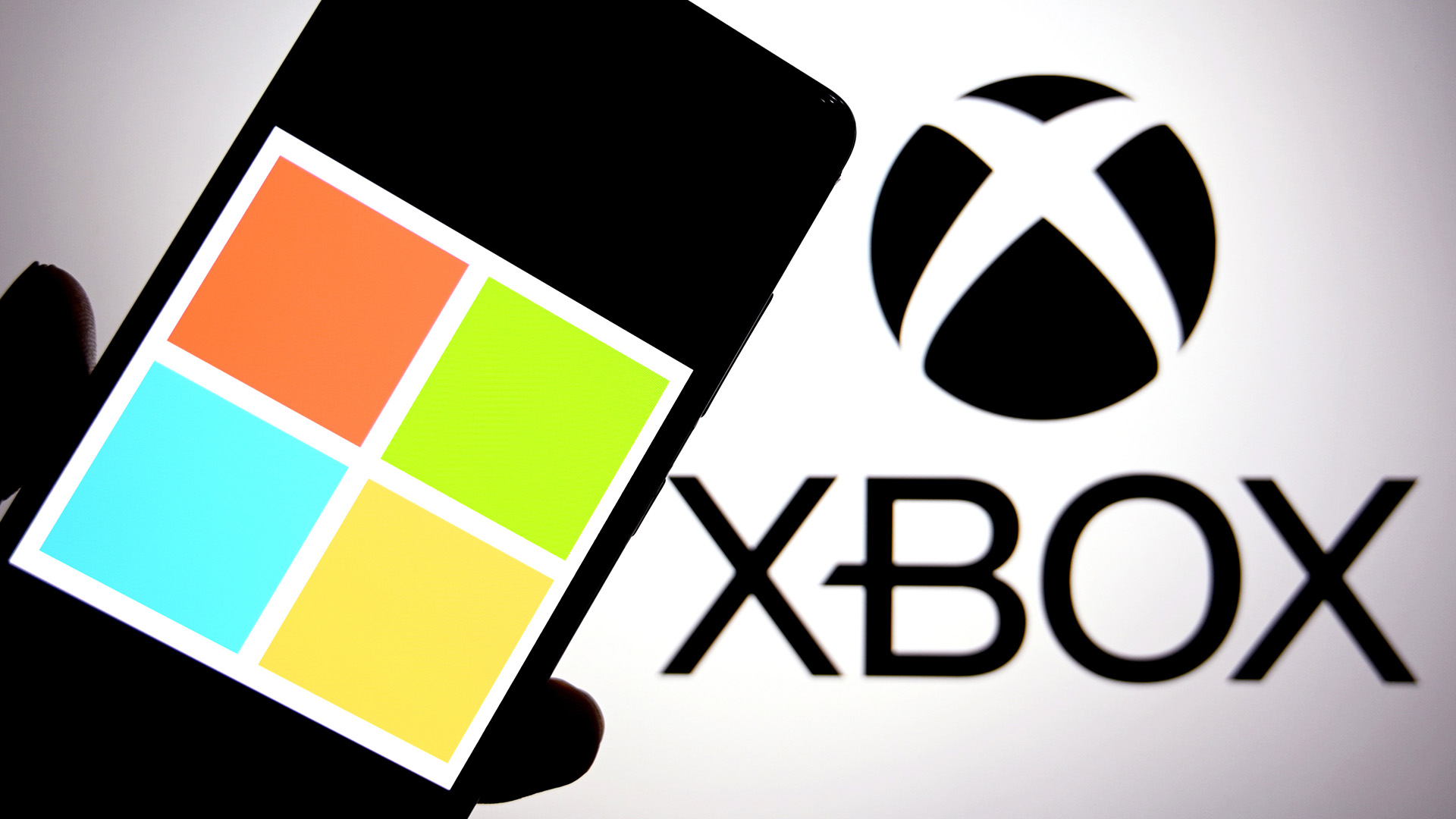 An executive suggested laid off staff use AI for counseling – I think that's ludicrous
An executive suggested laid off staff use AI for counseling – I think that's ludicrousOpinion In the aftermath of Microsoft layoffs, promoting AI career advice feels supremely cold
-
 Intel CTO: Open source ecosystem is “poorly written”
Intel CTO: Open source ecosystem is “poorly written”News Chipmaker calls on industry to improve contributions
-
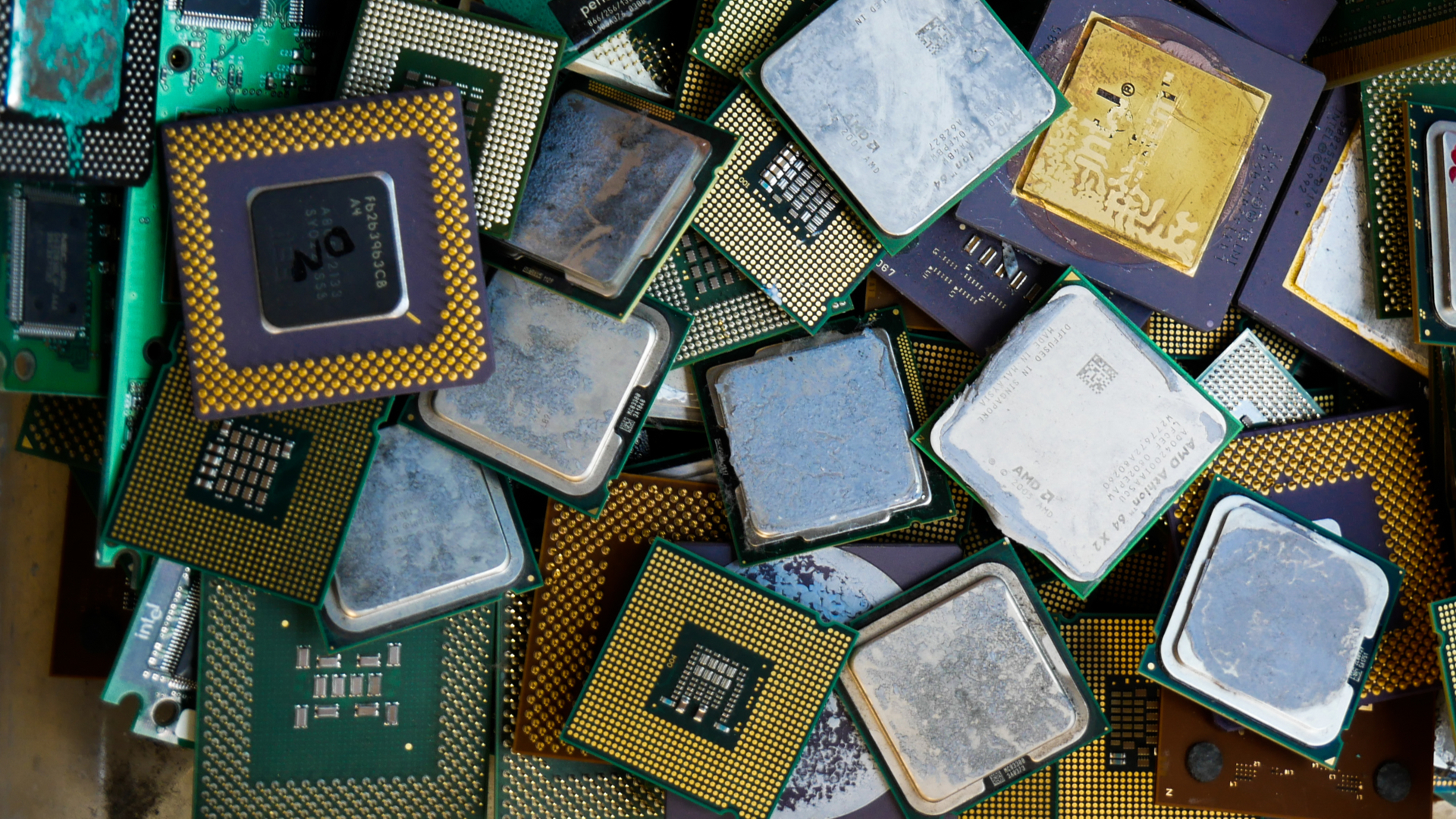 Tech giants lobby US to fund chip production
Tech giants lobby US to fund chip productionNews Industry heavyweights ask Congress for $50 billion in chip manufacturing subsidies
-
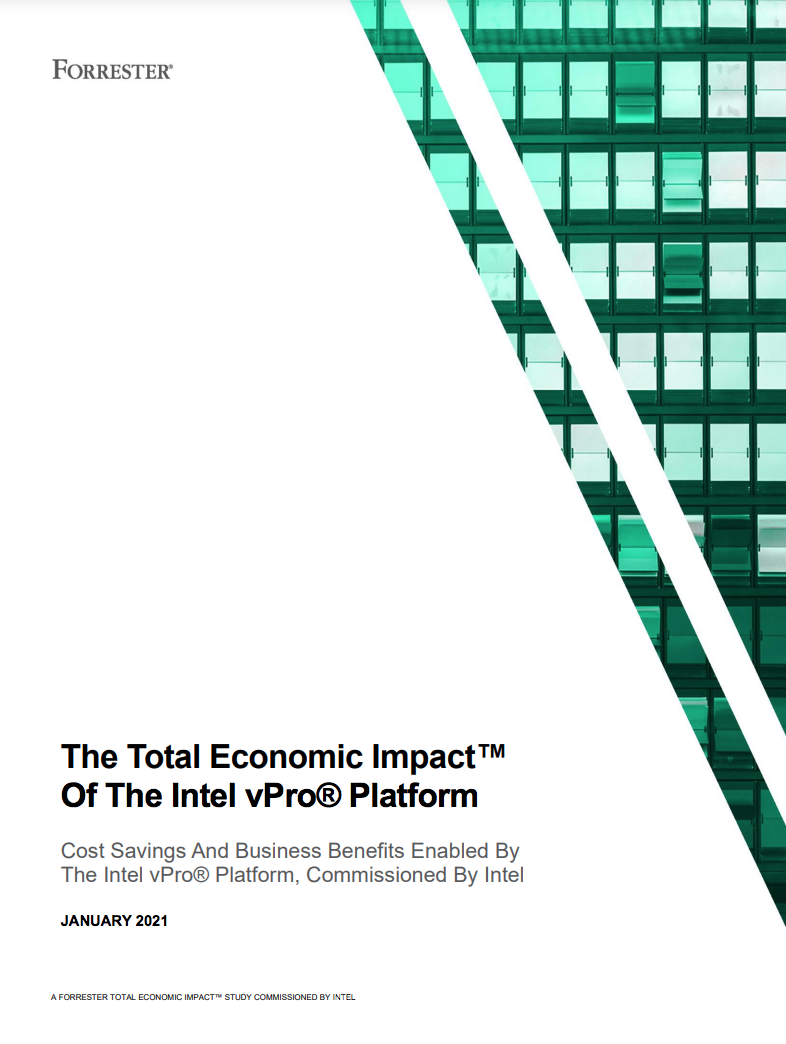 The total economic impact of the Intel vPro® platform
The total economic impact of the Intel vPro® platformWhitepaper Save costs. Save time. Save the workday.
-
 Army of Intel engineers sets to work on iPhone chips
Army of Intel engineers sets to work on iPhone chipsNews Around 1,000 people are creating an LTE modem for the next iPhone
-
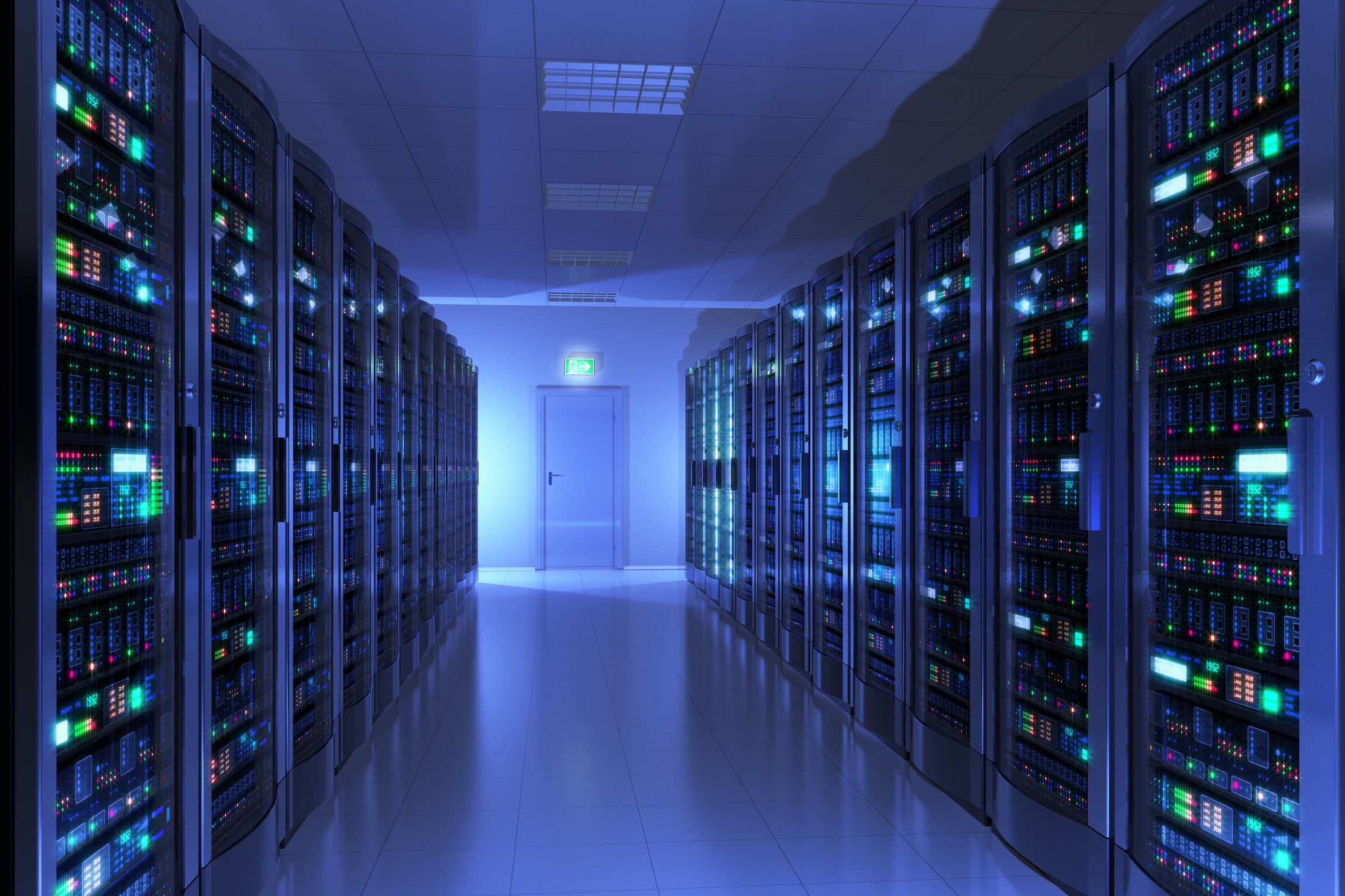 Windows Server on ARM will flop like RT, says Intel
Windows Server on ARM will flop like RT, says IntelNews ARM chips will add complexity and overhead in the server space, Intel engineer claims
-
 Intel reveals Android Reference Program for budget tablets
Intel reveals Android Reference Program for budget tabletsNews The company's plans will allow Android tablets running Intel chips to hit the market faster
-
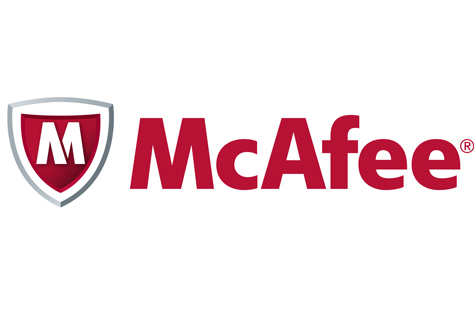 Android gets free McAfee security app
Android gets free McAfee security appNews Dell will also be the first to deploy Intel's revamped enterprise protection.
-
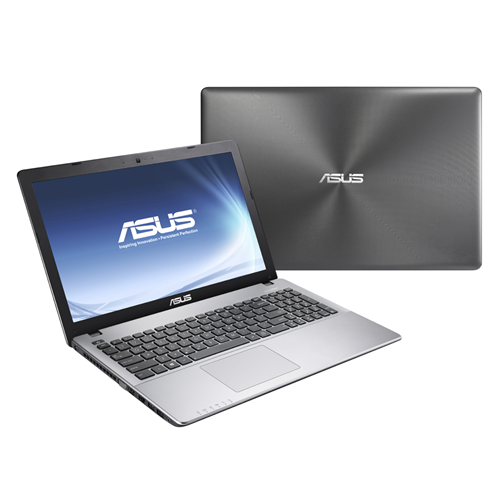 Asus P550CA laptop review
Asus P550CA laptop reviewReviews A 15in laptop with a good keyboard and plenty of storage, but which is letdown by poor performance.
